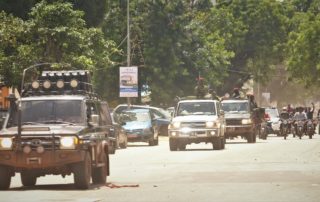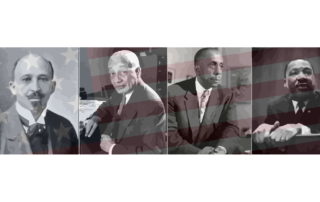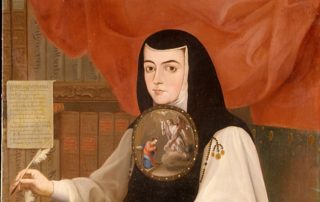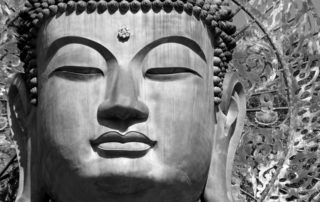The African Union and its Reactions to Three Types of Coups in Guinea, Mali, and Chad
Three different types of coups have occurred in Guinea, Mali, and Chad, and they are worth identifying. These are opportunistic, oligarchic, and sultanistic coups. Opportunistic in the case of Guinea, oligarchic in the case of Mali, and sultanistic in the case of Chad. All of the coups were staged as military takeovers of civilian government, but in different contexts.
Bard vs. Bullet
Good news for a change—but bad news, as usual. According to the Associated Press (July 31), there’s a shortage of ammunition all over the United States, as major manufacturers are unable to keep up with high demand. Only the military is unaffected, since the Army supplies its own ammo, for all branches of the armed forces.
The Critical Importance of Wildlife Conservation
Many scientists believe that we are in the midst of a 6th mass extinction, one that is almost entirely caused by human involvement. While this is a grim reality, it also means that we have the power to do something to stop the future loss of species. From purchasing a shark bracelet that helps fund marine conservation to eco-friendly shoes, there are endless ways to make conscious purchases that make a big difference.
The Abortion Wars
The Texas law is an abomination, not just because it violates women's rights, but because the egregious manner in which it does so also betrays any who might be troubled by abortion on truly moral grounds. It is a law rooted in culture war politics, not moral concerns, and its effect will be the promotion of a more sinister and corrupt society, not a more morally sensitive one. And yet it is just such moral sensitivity that we require if we are going to caringly address abortion and other morally relevant issues.
African American Existentialism: DuBois, Locke, Thurman, and King
Race today is often presented as a social construct. But social constructions, as Black people know all too well, can create real existential crises. Philosophers of the Black Experience writing during the Modern Era of the African American Freedom Struggle (1896-1975) engaged questions of freedom, existence, and the struggles associated with the experiences of being Black in America.
Surviving the City of Arts
How do we teach humanities to STEM students in a time of increasing suspicion about the goodness of technology?
Silence as Speech: Reading Sor Juana’s Primero Sueño in the Light of her Final Silence
Sor Juana’s silence is difficult to “read,” but it is easy to hear. What can it show us about the way the absence of speech can itself be a mode of participation in public discourse?
Buddha’s Political Philosophy
By: Stefan Schindler Do not build fifty palaces, your highness. After all, you can only be in one room at









Leave A Comment